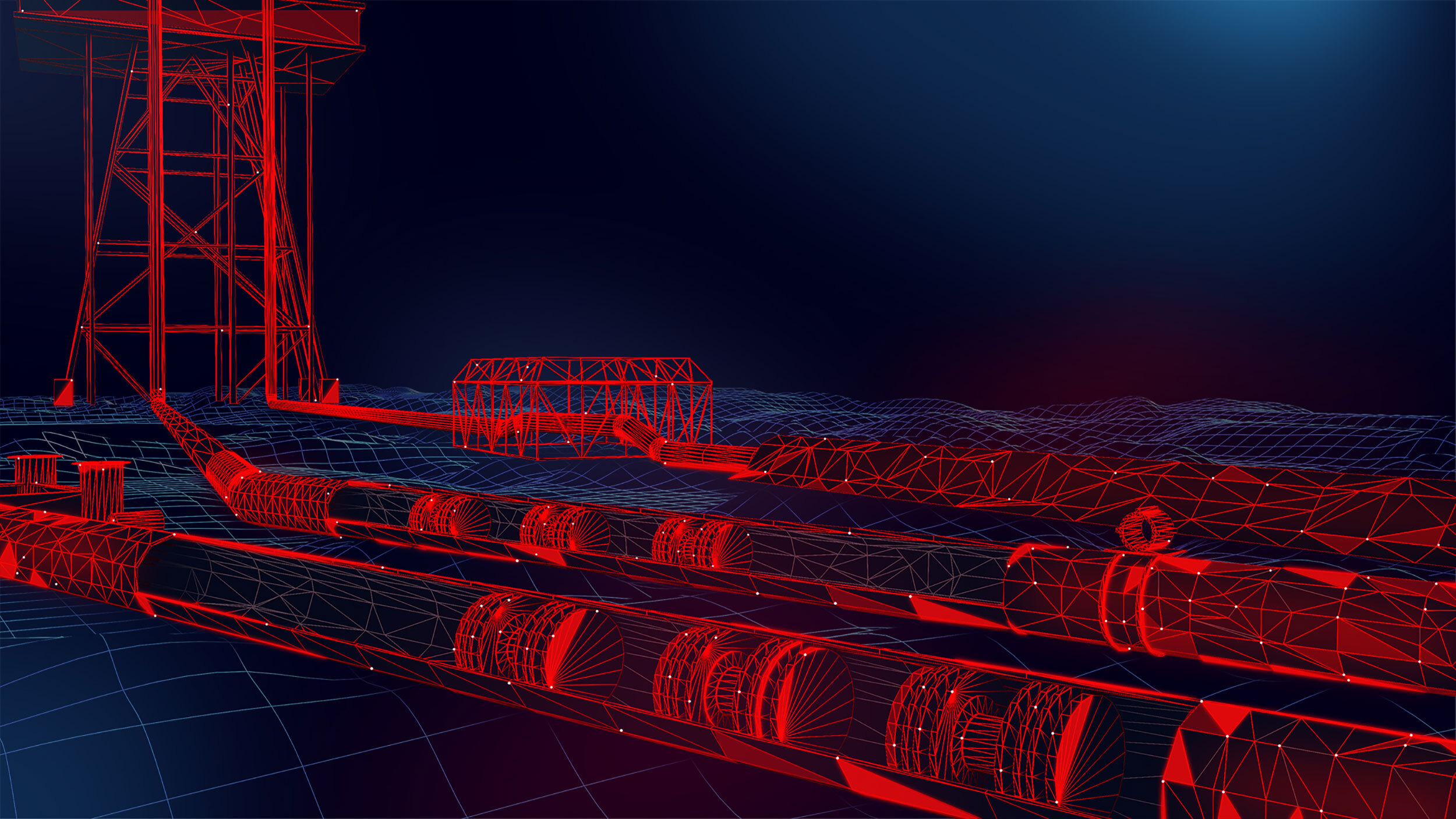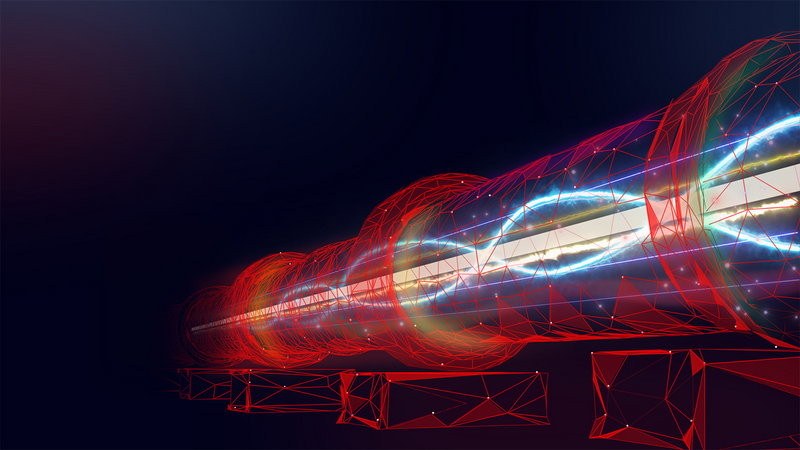 Search
Search
 Search
Search

InnerVue™ PipeSuite surveys used for comparative analysis
Download PDFMature Fields

Conduct comparative surveys to profile pipelines restricted by wax deposits

Gulf of America, USA

Two InnerVue™ PipeSuite surveys were carried out onboard the offshore platform in the Gulf of America. The first survey operation was to establish a baseline of the wax deposition accumulated inside a 12-in. export oil pipeline—running from the platform out to the Gathering ‘Y’ tie-in. It should be noted that the heavy deposition of wax early in the pipeline made it difficult to survey the entire length. The second survey, conducted two weeks later, evaluated the impact of a chemical soak performed to dissolve the waxy buildup and free the restricted pipeline from blockages.
Preliminary analysis has shown persistent pipeline diameter reduction in immediate proximity to the pulse initiation valve on the platform. The diameter was still heavily reduced further into the pipeline; however, the interpreted analysis results regarding actual deposition thickness could not be confirmed due to the impacts of signal loss and secondary reflections within the valve closure window, as well as heavy deposition continuing along the pipeline.
Eight InnerVue PipeSuite survey datasets were collected at three different flowrates: 180, 200, and 220 bbl/h. However, there was no significant difference between the pressure data from the before and after operations.
As shown in Figure 1, preliminary analysis shows little to no qualitative measurement or summary explanation that would differentiate the InnerVue survey datasets from those collected previously. It is feasible that there may be a change in the deposition profile further into the pipeline system, although the heavy deposition close to the platform and within the riser currently prevents the collection of any usable InnerVue PipeSuite survey measurements for comparative purposes.
Data assessment concentrated on the quality of the visible distance from the platform, in addition to events and artifacts clearly seen in the datasets. The use of InnerVue PipeSuite technology to collect multiple datasets at different points in time provided valuable, though inconclusive, results that detailed the pipeline’s deposition issues. The customer was then more equipped to make informed decisions as to next steps required in the remediation process.
The InnerVue PipeSuite diagnostics service is a low risk, fast and accurate technique used to map the quantity and distribution of what may be limiting the throughput of the pipeline system, such as wax, hydrate, stuck pig or tool. A pressure wave is created at one end of the pipeline and travels through its entire length at the speed of sound. A reflected signature wave is returned, which corresponds to actual conditions within the pipeline, including:
Analysis of critical data collected by the “pressure wave” technology will increase your understanding of a given pipeline transportation system—from end to end—and provide valuable insight for decisive asset performance management. The InnerVue PipeSuite diagnostics service locates pipeline blockages to high accuracies within 0.3% of pipeline length.

Pressure wave analysis to quickly and accurately quantify deposit build up, live pig location, blockages and leaks.

Maximize integrity and performance of your midstream assets.

Diagnostics, chemicals and engineered solutions to support the full life cycle of pipelines and processing facilities.
